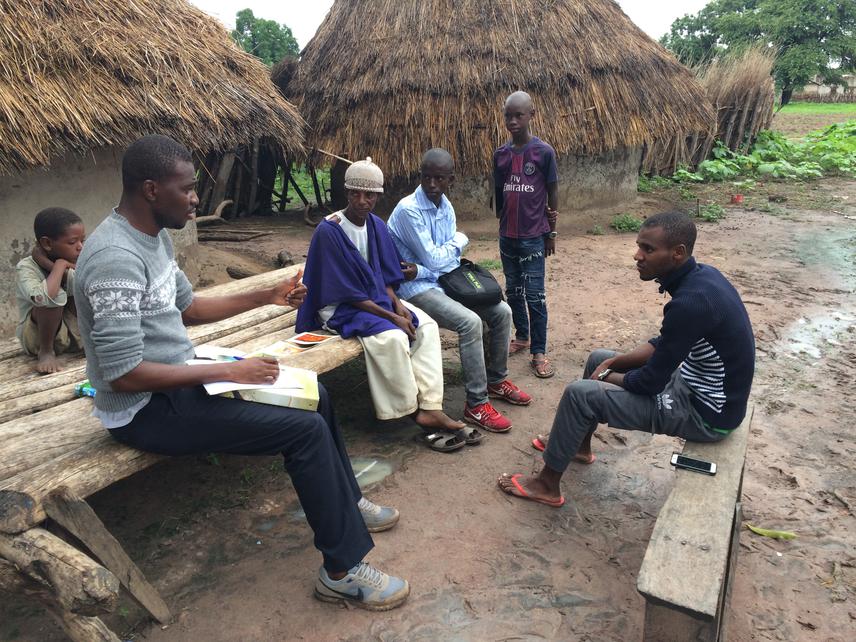Laibané Dieudonné Dahourou
This project aims to study lion's prey preference in Niokolo Koba National park and assess the role of lion in conflict between wild carnivorous and human.

Lion, Panthera leo, is a felids and an emblematic species of African wildlife. This species is an indicator of ecosystems well health through its connections with others wild animals mainly its preys in savannah areas. In Africa; we have two sub species of lions, one from western and central Africa and another from southern and eastern Africa, different in morphological and genetic point of view. But lions lost 91 % of their historical home range because of agriculture, pastoralism, preys populations' reduction, lions and its prey poaching, and lions-humans conflicts. All these factors reduce lion's population in West Africa and rank lion in West Africa in the group of species considered as critically endangered. According to recent studies, lions in West Africa are less than 500 individuals mainly located in protected areas such as WAP complex between Benin, Burkina Faso and Niger, Comoe Park in Ivory Coast and Niokolo Koba National Park in Senegal. In Niokolo Koba National park, studies on lions have been focusing on lion's density and his home range but less is known about its prey preference and its role in conflict involving wild carnivorous and local population. This study aims to reduce this lack of knowledge and therefore has two parts.
The first part focuses on lion's prey preference. For this activity, we will collect lion's scats in the park and look for its preys hair located in the scat. The hair extracted from each scat will be identified using the color, the length, the scale with the help of a microscop. Furthermore, experienced former hunters will help to identify animals by its hair.
For the second activity, we will assess lions-human conflict around the park. This will be done in 10 randomly selected villages around the park. In each village, we will make a participatory rural appraisal with agro pastoralists, animal breeders and farmers using an interview guide to assess, in group discussions, their perception and the situation of lions-human conflict around the park. During these group discussions, populations will also be trained on techniques to reduce conflicts using enclosures, fences, deterrents and noise generators. Individual interviews will also be conducted with 10 randomly selected, pastoralists and agro-pastoralists in each village whose animals have been attacked in each village to identify the characteristics of the conflict. Observations and discussions with park conservationists will also be made during the study.